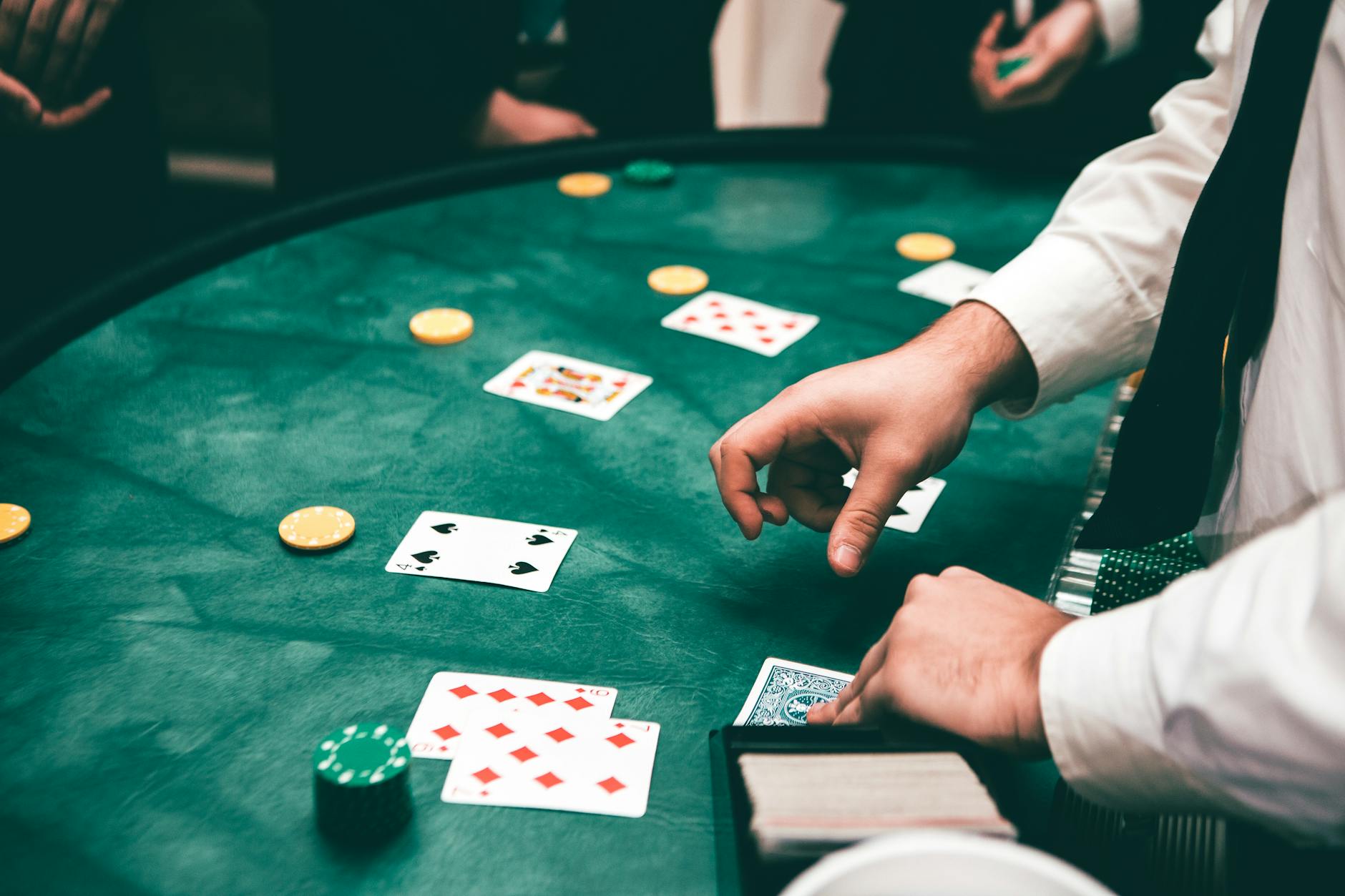Slow is smooth, smooth is fast
I have been a lifelong guitar player. Thanks to my brother, I’ve always messed around with the instrument, learning songs and tabs as they caught my fancy. Like everyone else, I had a fascination with fast movements and an allergy to learning through slow, controlled movements. I would wonder what it takes to learn particularly difficult solos such as Tornado of Souls or Cemetery Gates. I tried to learn them and brute forced my way into choppily learning it, at a slightly reduced speed than the original. At the time, I didn’t have any plan or strategy as to how I’d practice these materials. It was honestly like throwing darts blindfolded.

It wasn’t until I considered my musically talented friend’s advice that I realized: I ought to change how I practice. This kind of meta learning isn’t something that naturally comes to us. Learning how to think, how to read, how to learn, how to practice… If we think about it, learning these things would lead us to a much higher ROI1 than simply brute forcing our learning. Having a plan on how we will conduct our practice makes the entire practice session greatly efficient.
Failing to prepare is preparing to fail
Our brain, the slow recording machine
The advice my friend gave was to go super slow while practicing any song, musical piece, or scale. If we’re talking about guitar, going slow gives us entire control over our fingers. We can control every minute little detail, from what angle we’re picking the string, what direction we’re strumming, to the subtle positional shifts that we do while changing chords or bending a particular string, all of it. Yes, we can do that while playing fast as well, but not in the beginning! If we go too fast, we don’t have time to think about what we’re doing. We become just totally focused on what note is next.
There are other risks to playing fast too soon. The most important one is that we may learn the wrong thing. Trying to play fast too early ensures disaster, as it is highly likely that we might mess up. Our actions fine-tune our nervous system, and each action records a memory imprint in our brain, allowing us to memorize things. This is a good thing and a bad thing.

If we perform the wrong action, there’s the risk that our brain could remember that incorrect way of playing! Of course, our brain needs hundreds of repetitions to remember any sequence of movements, but why even give it one bad sequence? This is the strongest argument for taking ample time and doing things right so our brain records the highest quality input.
Sloppiness is the enemy
Why is it that we’re so attracted to perfection? When we open YouTube, TikTok, or any other social media, we encounter a barrage of high-quality performers in many different fields. Musicians, dog trainers, bakers, window washers, etc. The videos of people who are the most competent often surface to our home feeds, even if they’re not related directly to us. These videos are always people who are so excellent that them going about their business mesmerizes us.
Perfection is magnificent. It is an absolute work of art when somebody takes something ordinary and does it so well that it suddenly attains a flavor of extraordinariness. I would often have this thought when walking through the streets of Kathmandu whenever I would see roadside expert chefs, tossing and juggling rotis2 in their hand. I could clearly see how many times that person had performed that action, and the expertise spoke for itself.
On the other hand lies sloppiness. This is universally frowned upon. When you’ve hastily made your bed and your mom comes to check your work, you know the look she’s gonna give you. When you half-ass anything, neither you nor the person who utilizes or looks at your work is satisfied. Everybody judges sloppily work, especially if the sloppiness hinders the functionality of whatever we’ve worked on. It’s not pleasant and is the antonym of excellence.
If we want to live the best life possible, have a good reputation, and be useful, we have to avoid sloppiness like the plague. In any pursuit at all. And the way we can do that is through slow and steady practice. This is also the only way we can check our work and make sure there’s nothing amiss.
Slow and perfect > fast and imperfect
Here comes the problem: everybody loves moving quick. How annoying is it when you have to do something quick but you’re dependent on someone else and they’re taking a lot of time? Extremely, isn’t it? It doesn’t matter where – business, work, school, conversations – fastness is a valued virtue. We are drawn to the people who move and get things done quick. They are able to do more and are more efficient.
If we go back to the example of music, obviously our goal is always to achieve the speed of the original song. The most valued guitarists and pianists are often the fastest ones; they’re the ones who stop us in our tracks and make us go: “oooh, they’re good”.
Even so, it is obvious that fastness by itself is not what we want. We need to do the work perfectly as well. A sloppy solo performed fast, a lazily done report presented to the stakeholders in one day, an imperfect, yet lightning fast boxing combination, all of these things dramatically lose their value. The value of speedy work reduces rapidly as soon as the work starts losing quality.
Thus, we need to be fast and do high quality work. Achieving this requires time under tension, one of the most common philosophy in lifting weights. Most bodybuilders have identified that slow and steady pressure on our muscles is the way to progressively strengthen them. They named this principle “time under tension,” which refers to how long you keep the dumbbells at the points that contract and release the affected muscles. Go perfectly slow and with enough time we build up scar tissue in any pursuit that we’re trying to develop. In no time, we become fast and perfect, the place where we wanted to be the whole time.
The sin of impatience

My friend implanted the seed of all these novel thoughts, which have only recently blossomed. Now, it seems logical to me that this should have been how I practiced guitar and other things all my life. But why was it not more apparent? Now I know that I had not even realized that I was being way too impatient. When you don’t know what you’re afflicted with, you do not know what medicine to take. So I spent my whole life learning impatiently, hampering my progress.
The origins of this impatience was an obsession with reaching an end state and not enjoying the current process. If we draw a parallel, using the example of a traffic jam, we can clearly see the reason why we become impatient: it is always because we seek the end state, to be where we wanted to be, fast. I was blind to enjoying and trusting the process in my guitar practice.
Instead, while practicing, I would be dreaming of where I wanted to be: playing fast and perfectly. The irony was that, by failing to focus on the present moment, I made things infinitely more difficult for myself. On top of that, I did not enjoy the journey of learning as much and playing guitar just became brutish, forced work, a passion killer.
Mindfulness is the key
Impatience is a poison that operates slowly. It ruins the current moment because we are stuck in an imagination of the future, a place where we get where we want. Impatience is a hallucinogenic and not the fun kind. To improve the quality of our lives, we need to avoid it like a sin, especially when we work on bettering our crafts. When we find the gnawing feeling of impatience crawling around our heads, we need to temper ourselves carefully. We can practice patience then and there. Lucky for us, such moments are plentiful in life.
Practicing patience requires mindfulness. The only way we can become aware of what is happening within us is to search within us. Without that, we are blind.
Until you make the unconscious conscious, it will direct your life and you will call it fate
Our unconscious impatience needs to be converted to a conscious patience and only then will we be able to go slow. We will be able to direct our practice sessions steadily and make accumulated progress. Joy will be our default state. We won’t be frustrated if we’re not able to make progress as quick as we’d like. Things take time. There’s a reason why the seasons don’t jump around and change in a day. They take a set amount of time and change bit by bit every day. After all…
Rome was not built in a day
Where are these ideas applicable?
I think this is the way to learn anything. So, we should aim to apply these principles whenever we want to learn something new or practice something old. Athletic endeavors, a new choke/submission hold in Brazilian Jiu Jitsu3, a K-pop dance practice routine, a new machine learning library, or even driving to work, all of these things can be augmented by going consciously slow. Even our decision making could be dramatically bettered by moving mindfully slow and not impulsively fast.
Slow is smooth, smooth is fast
There’s a reason why the Navy SEALs use this as one of their many incredible mottos. It captures everything that I wanted to describe in this blog post, about the importance of mindful actions, deliberate practice, anti-sloppiness, anti-impatience, and joyful practice. If the people who are engaged in the highest stress environments, both physically and mentally, uphold moving slowly and meticulously, who are we to not be keen on applying this principle to our lives?
The goal is always to maximize excellence and happiness in life. To be the best version of ourselves possible. To that end, mindfulness, slow, and deliberate actions are amazing toolkits to have in one’s arsenal. Let’s all aim to make every moment count and to move through life like a leaf floating across a river. Slow, consistent, and at perpetual ease.
- Return of investment ↩︎
- Flatbread that is traditionally eaten in South Asia ↩︎
- I can personally attest that going slow helped me out tremendously when learning new positional moves in Jiu Jitsu. Some moves are so complicated that it takes tons and tons of repetitions to get down (I’m looking at you leg locks). Taking my time and slowing down my movements gave me time to think and digest what I was doing. ↩︎



